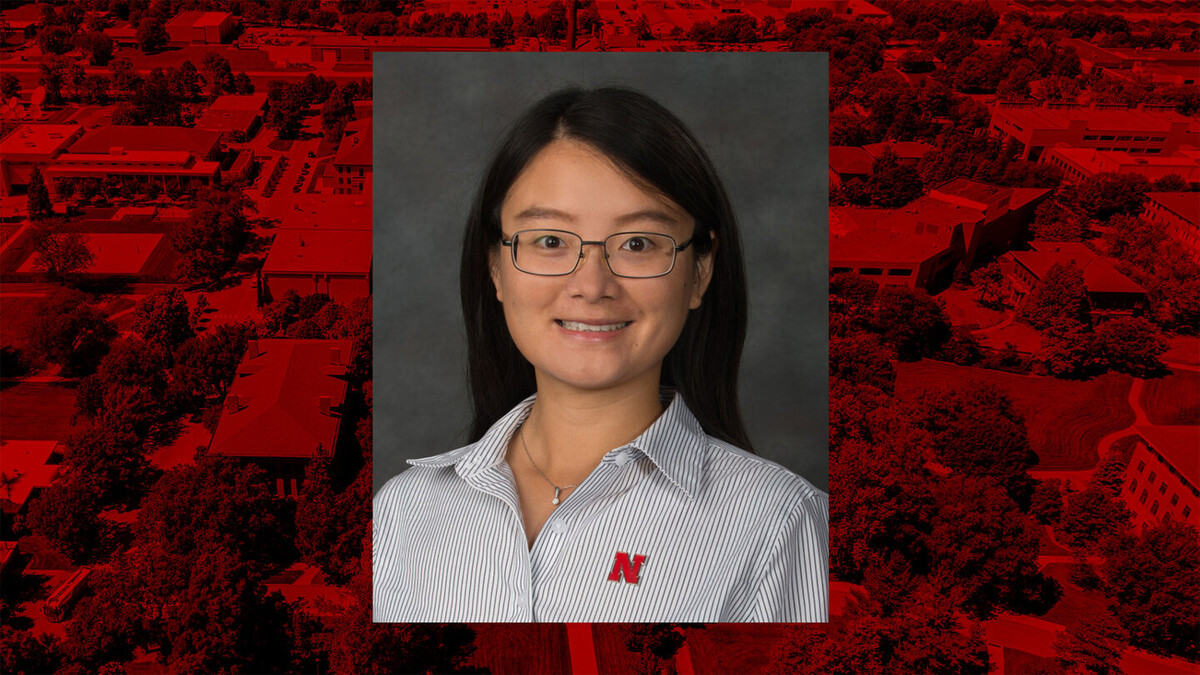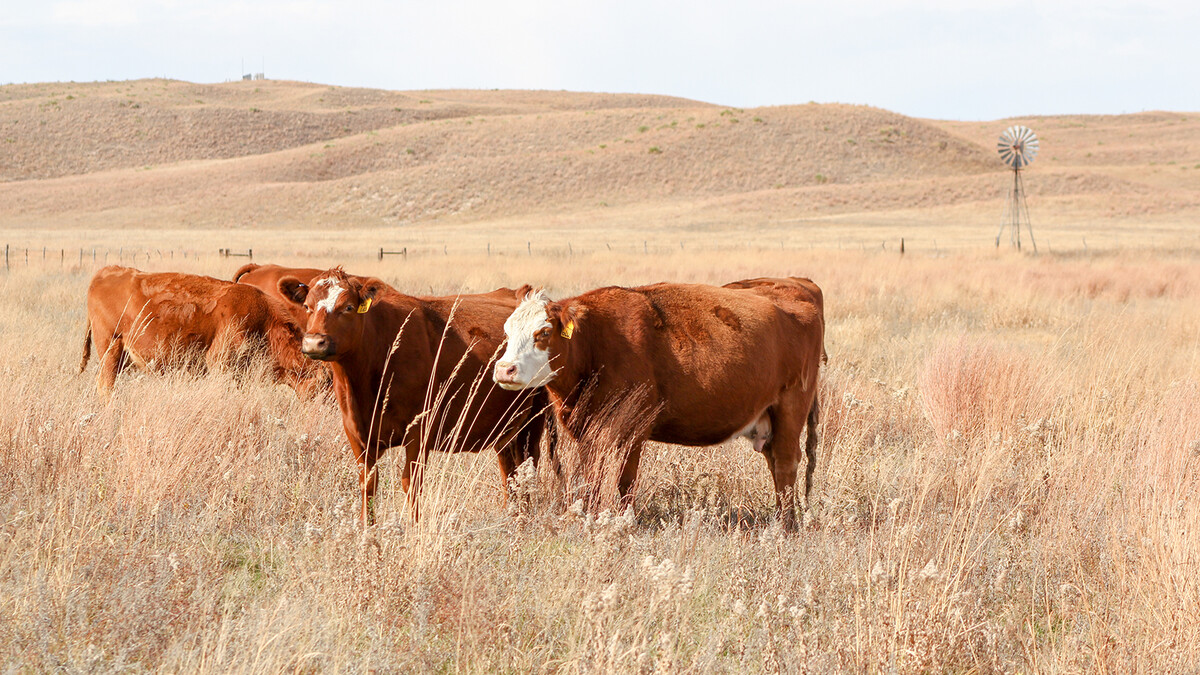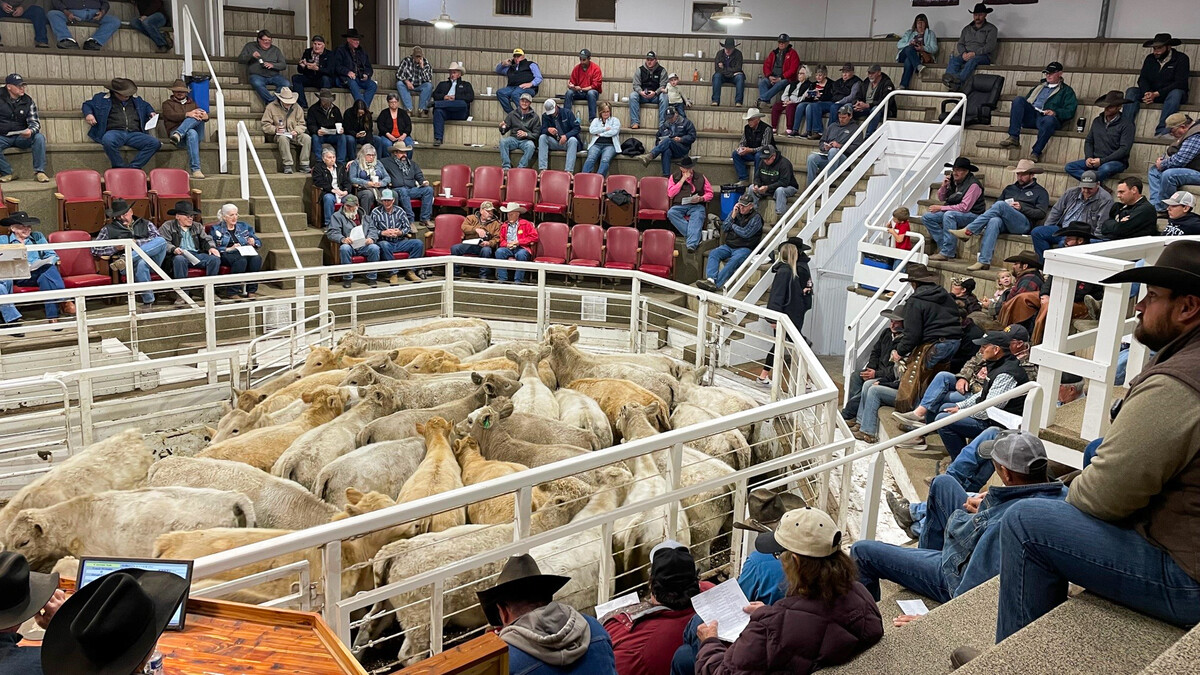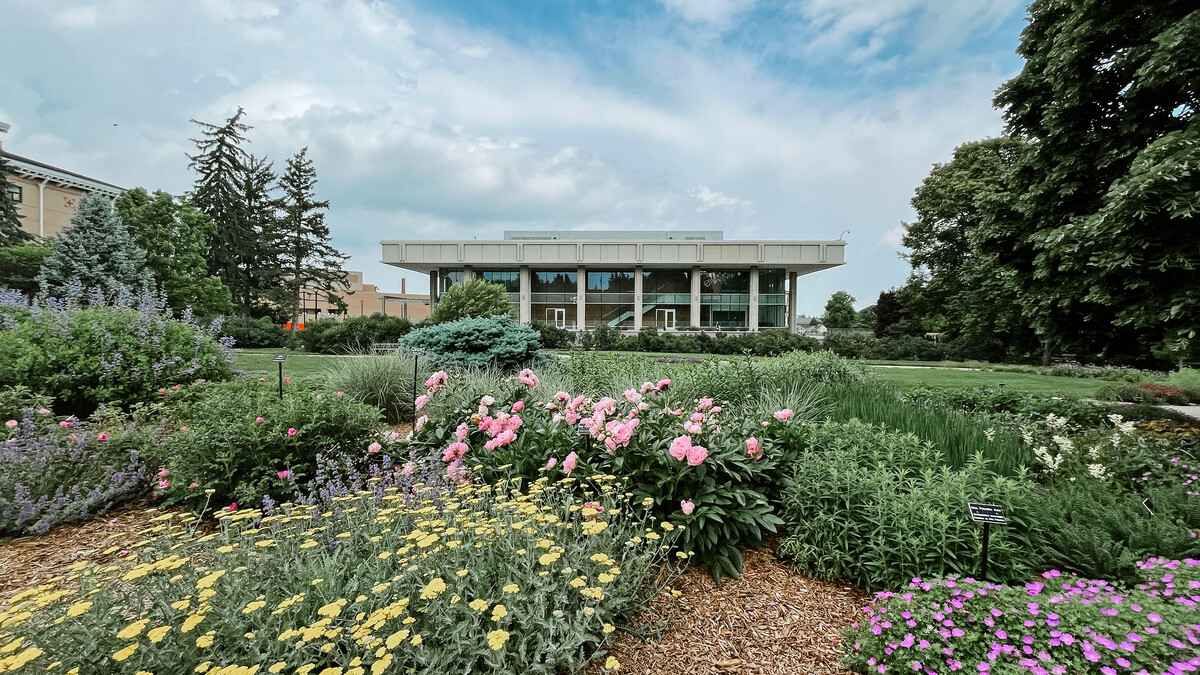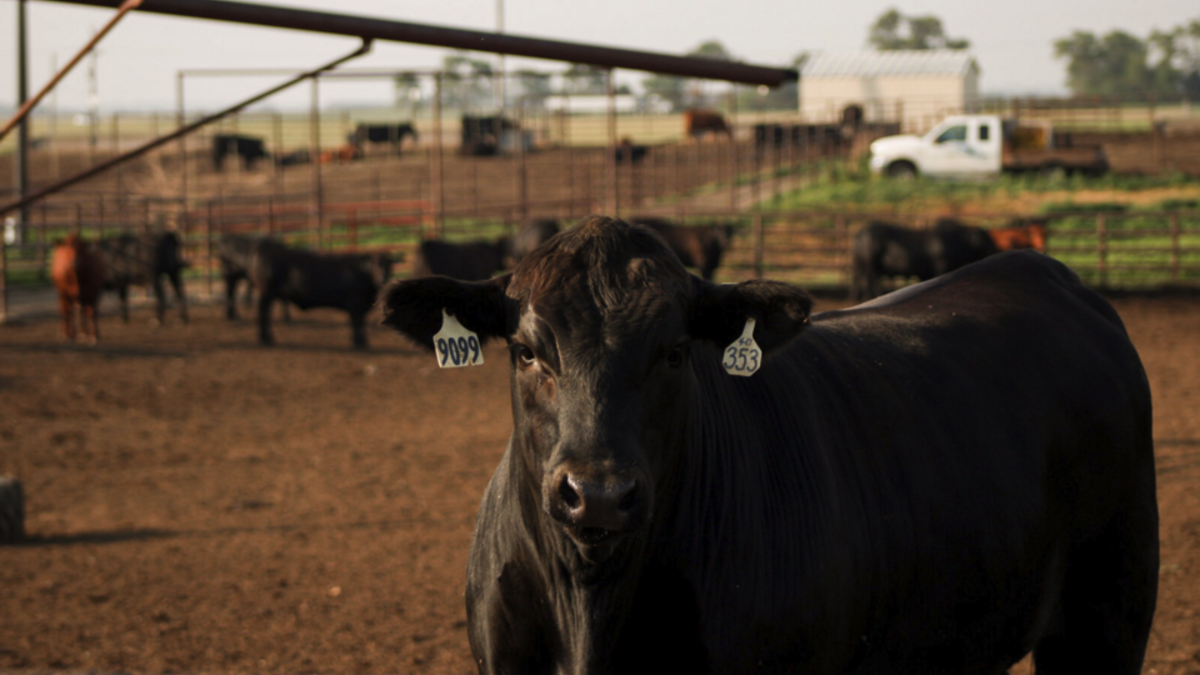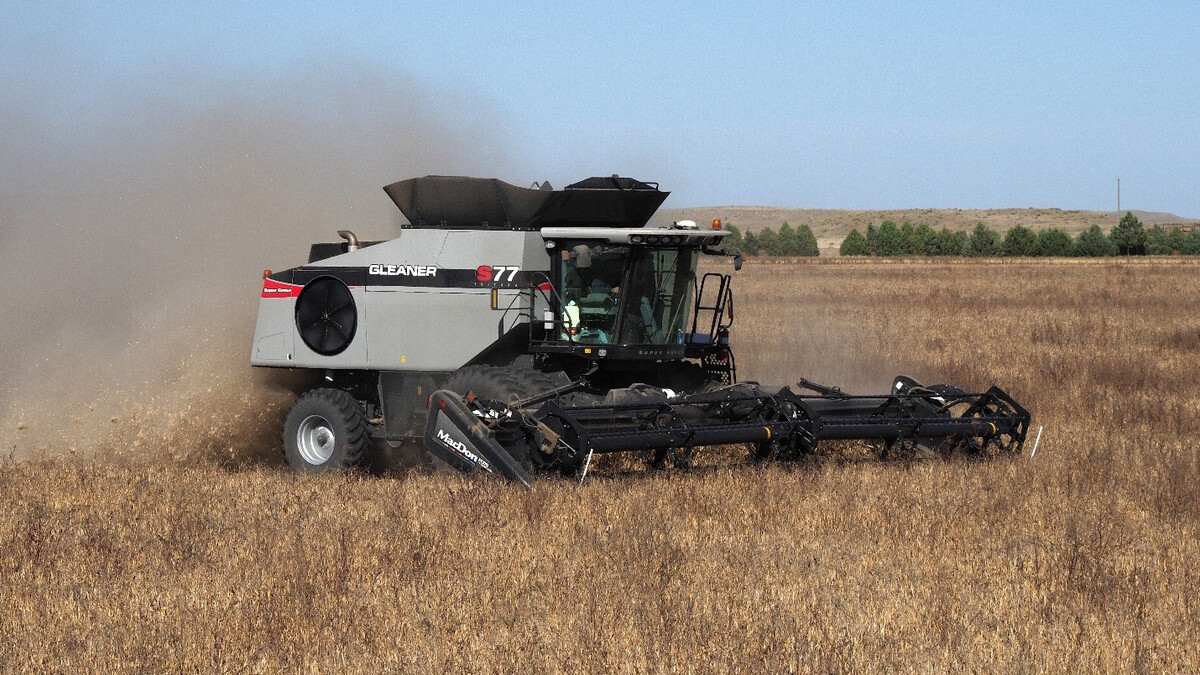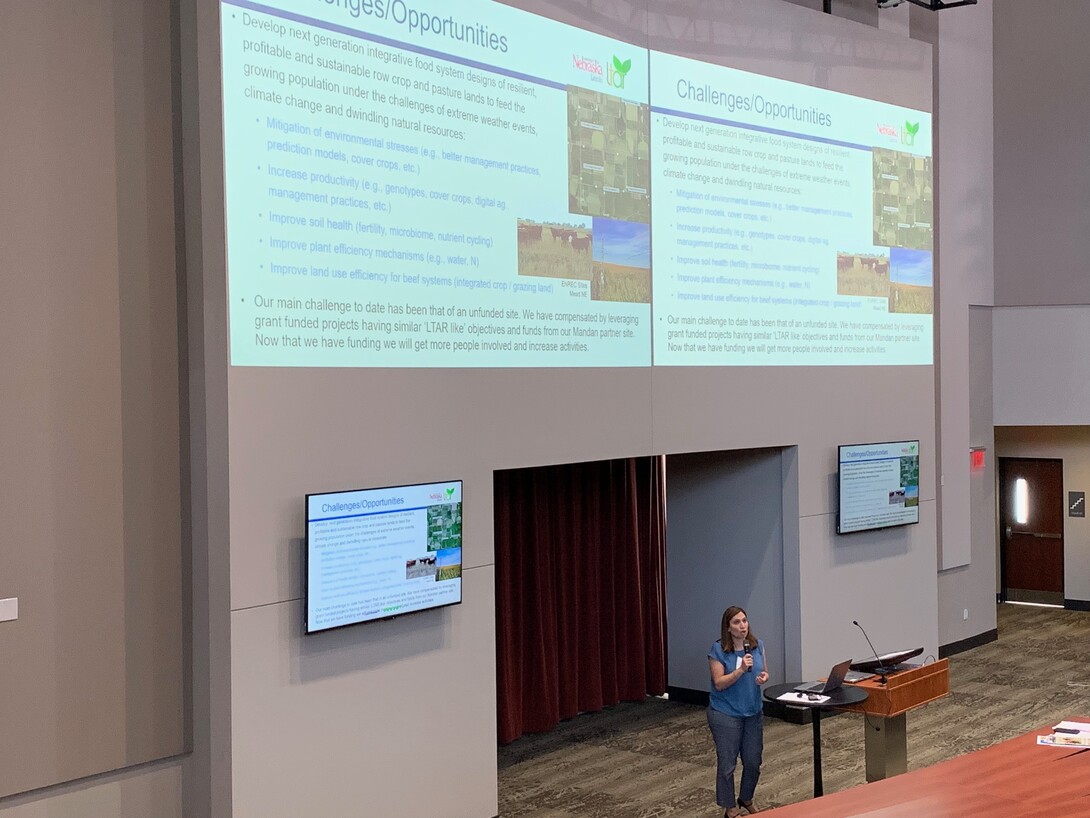
June 12, 2019
Lincoln, Neb. — Scientists from across the country converged in Lincoln June 4-6 for the annual meeting of the Long-term Agroecosystem Research (LTAR) Network. The meeting was co-hosted by the Agricultural Research Division (ARD) at the University of Nebraska–Lincoln and the U.S. Department of Agriculture’s Agricultural Research Service (ARS).
The Network is composed of 18 locations distributed across the contiguous United States working together to address national and local agricultural priorities and advance the sustainable intensification of U.S. agriculture and vitalize rural communities. The Network represents a range of major U.S. agroecosystems and spans geographic and climatic gradients representing a variety of challenges and opportunities for agriculture.
While LTAR is a new network, experimentation and measurements began at some LTAR sites more than 100 years ago. Nebraska is represented in the Platte River/High Plains Aquifer site with legacy data dating back to 1912. Tala Awada, associate dean of ARD, serves as co-leader, along with Brian Wienhold from ARS for the Nebraska site.
“Our site priorities in Nebraska are to develop and study aspirational cropping and integrated beef systems that are resilient, sustainable and profitable in the face of weather extremes, climate variability and change, and limited resources,” Awada said.
The project is just one of several ongoing efforts across the LTAR Network. Coordinating these projects enables the Network to improve the understanding of how agroecosystems function at the field, regional and national scales.
“To try to address the grand challenge of food security is going to require transdisciplinary partnerships,” ARD Dean Archie Clutter told the meeting participants. “I continue to be impressed at the collaborative energy of the LTAR Network.”
Clutter attributed the emergence of the Nebraska Integrated Beef Systems Initiative to the connections scientists have formed through the LTAR Network. The initiative is designed to leverage the many systems-based efforts underway at Nebraska to advance science-driven innovation in the development of resilient systems for food animal production, health and well-being, and to train the diverse workforce required.
A significant portion of the meeting was dedicated to time for working groups to meet and continue the advancement of their research goals. Groups are focused on topics such as regionalization, productivity, weather and climate, water and nutrient use efficiency, healthy soils, data management, technology and human dimension. The groups develop or improve research methods, models and tools, as well as carry out large-scale data collection and provide the infrastructure required to analyze and disseminate these data. Data generated by LTAR is stored at the USDA Agricultural Library and is shared with scientists across the country to further agricultural research. Ultimately, the groups aim to develop and share science-based information with producers and stakeholders.
“As a network, engagement with our stakeholders is crucial,” Teferi Tsegay, LTAR Network national program leader told the meeting attendees. “We need to make sure whatever we do, the product winds up in their hands.”
In addition to collaborative sessions, the meeting featured tours of the Greenhouse Innovation Center at Nebraska Innovation Campus and the Eastern Nebraska Research and Extension Center near Mead.
Contact:Tala Awada
Associate Dean
Agricultural Research Division
402-472-7088
tawada2@unl.edu
